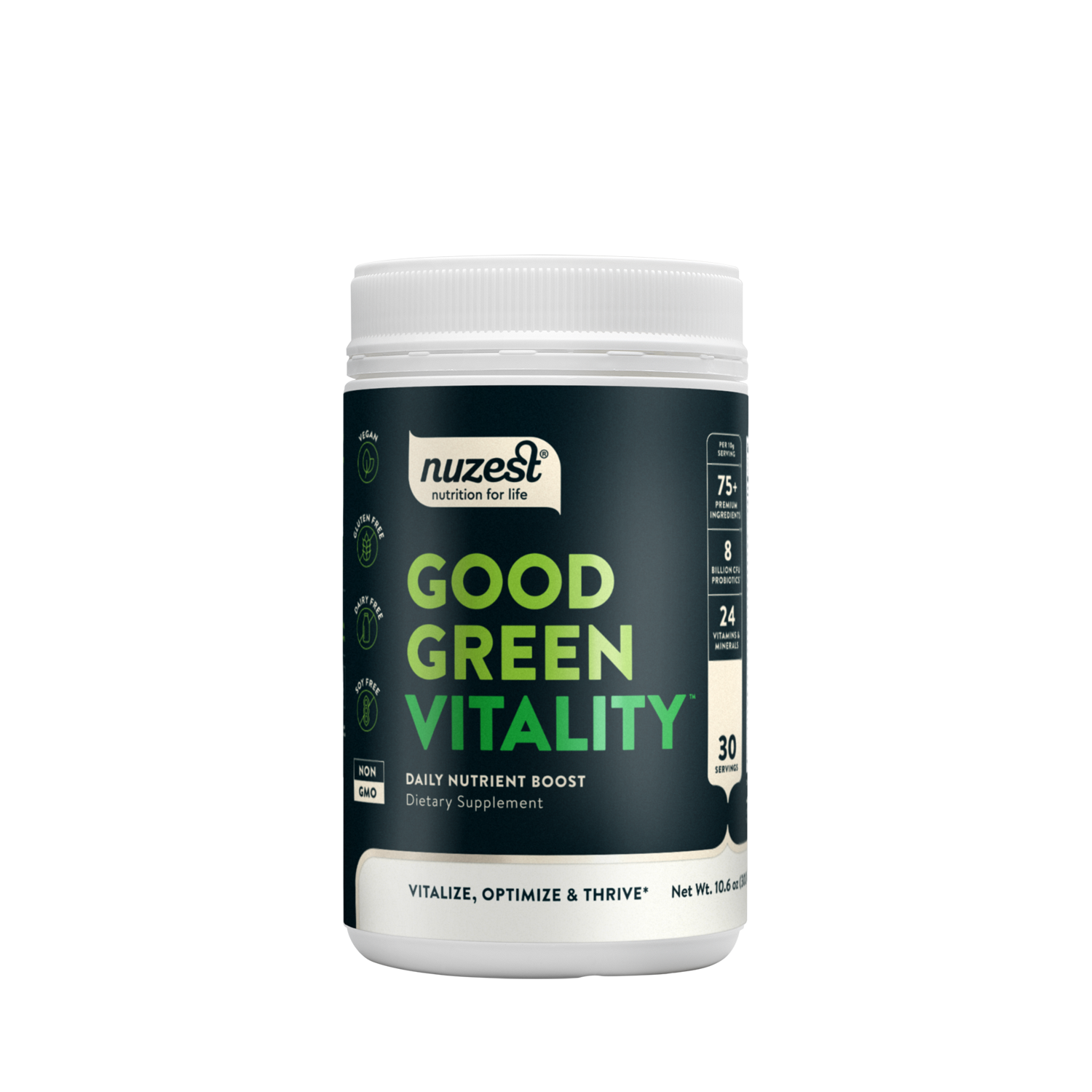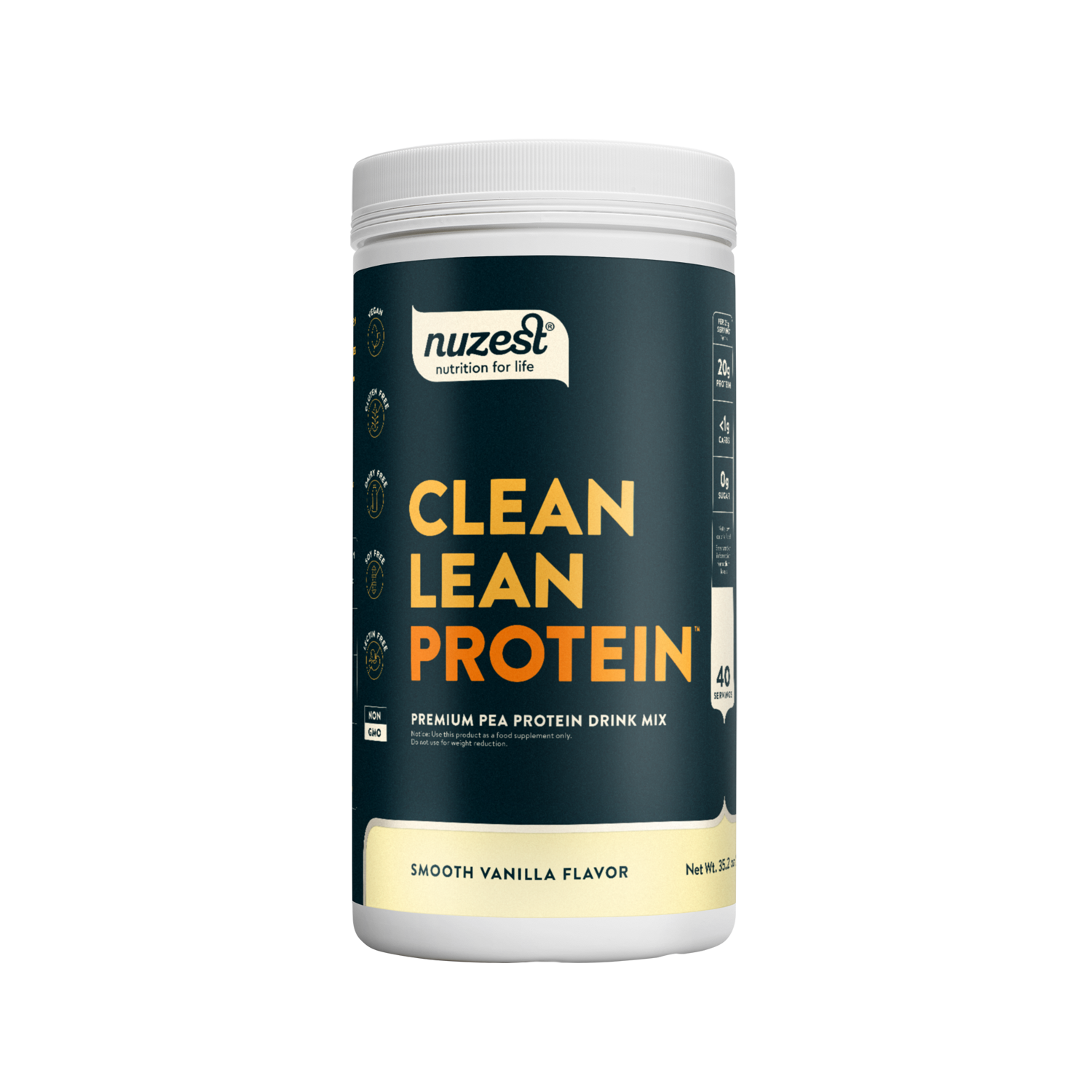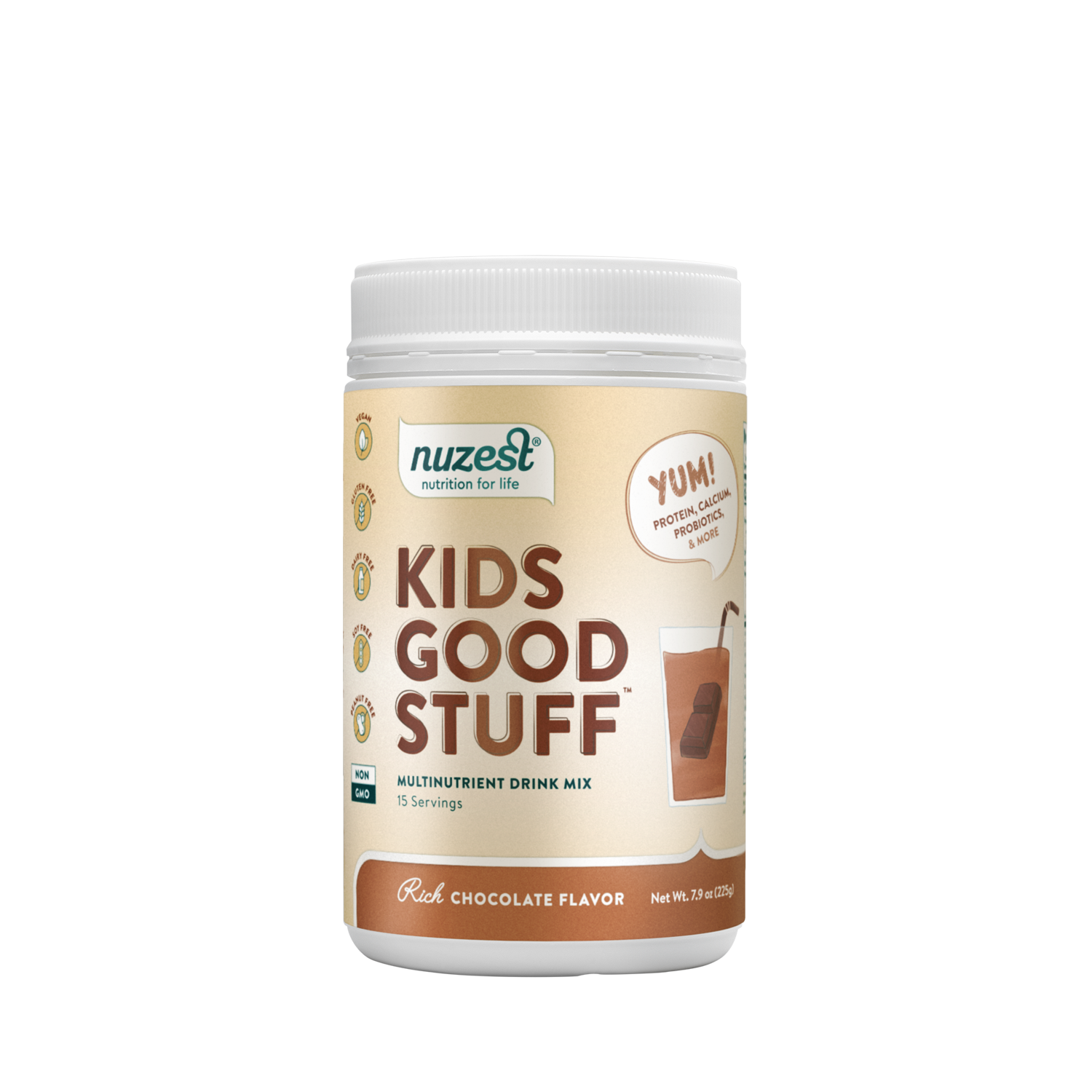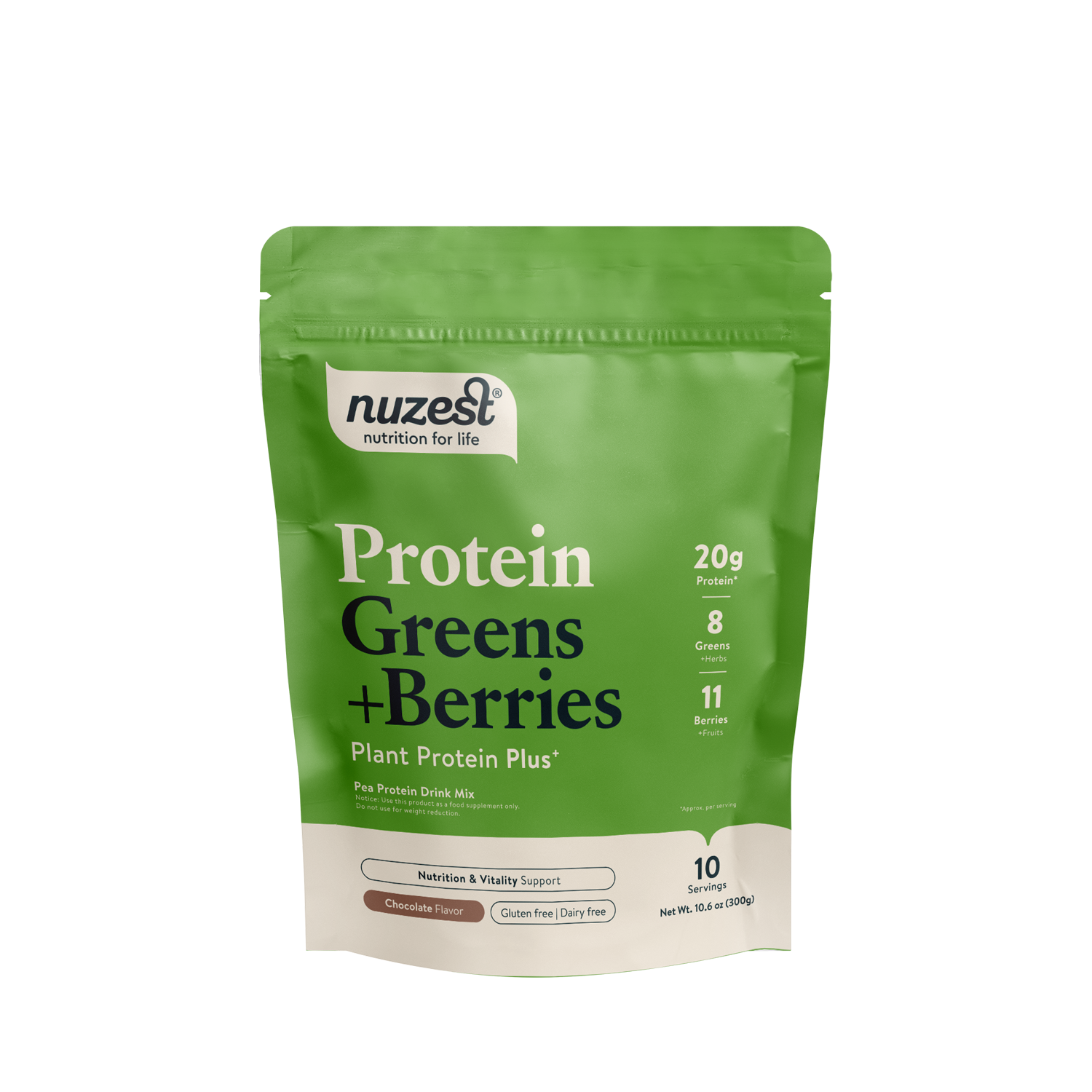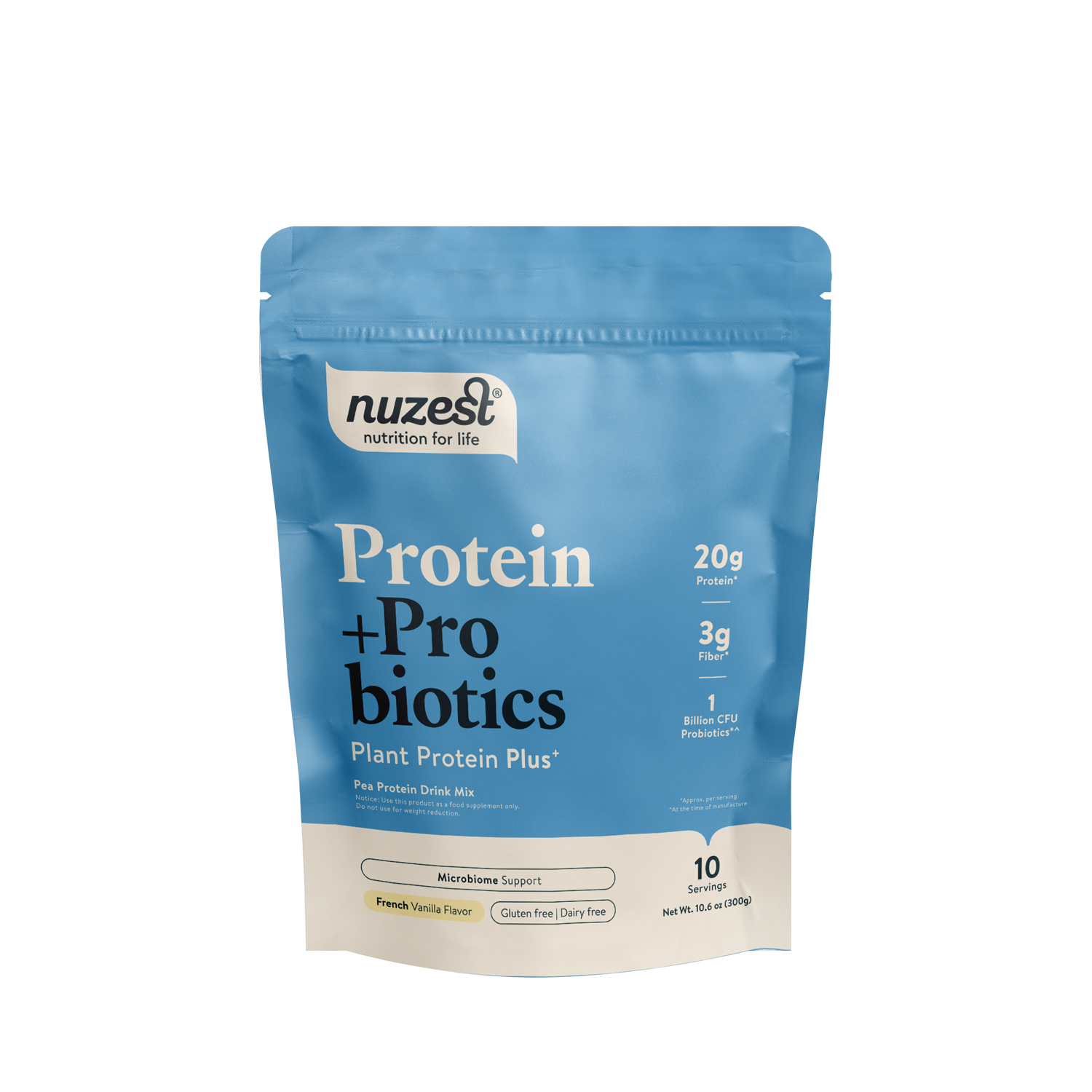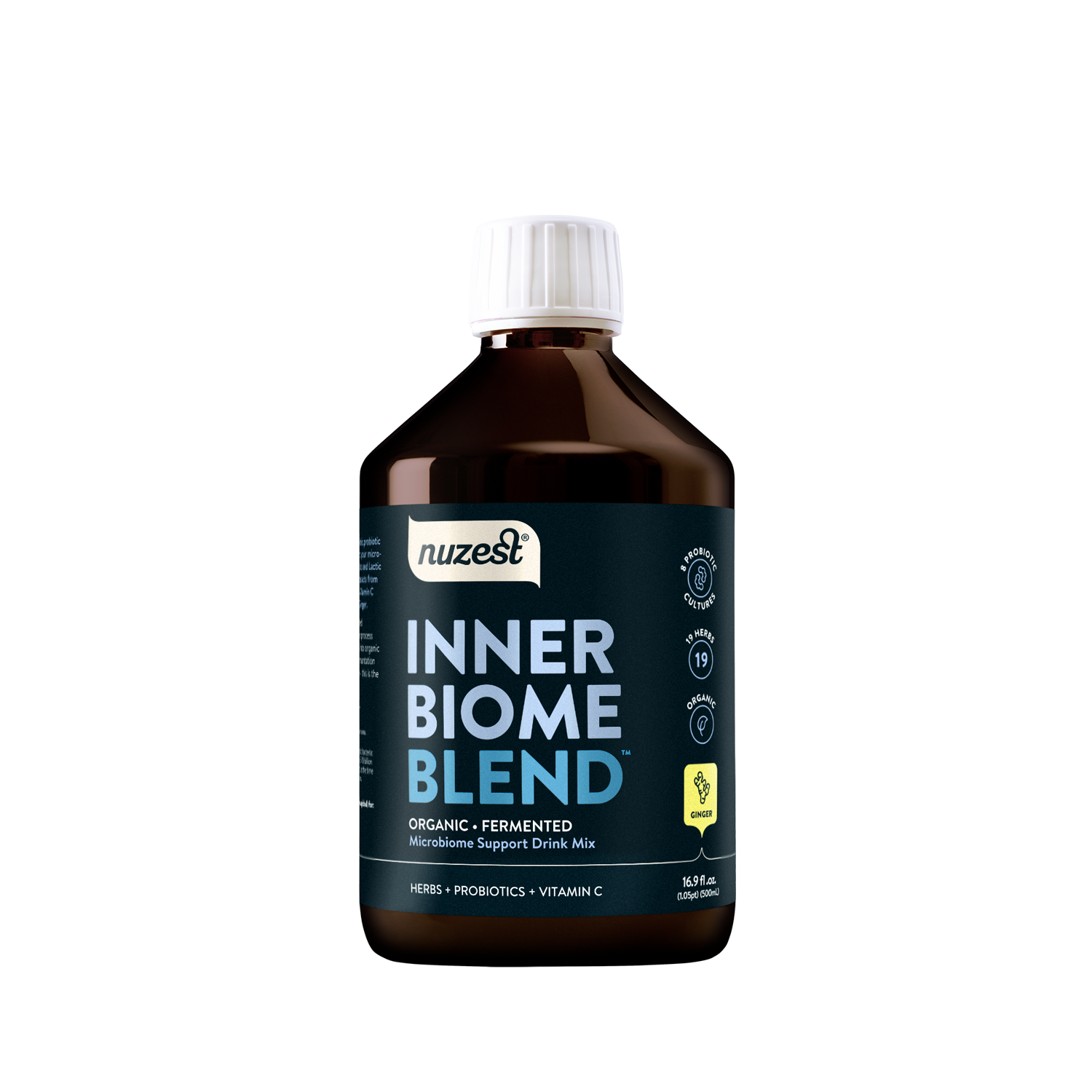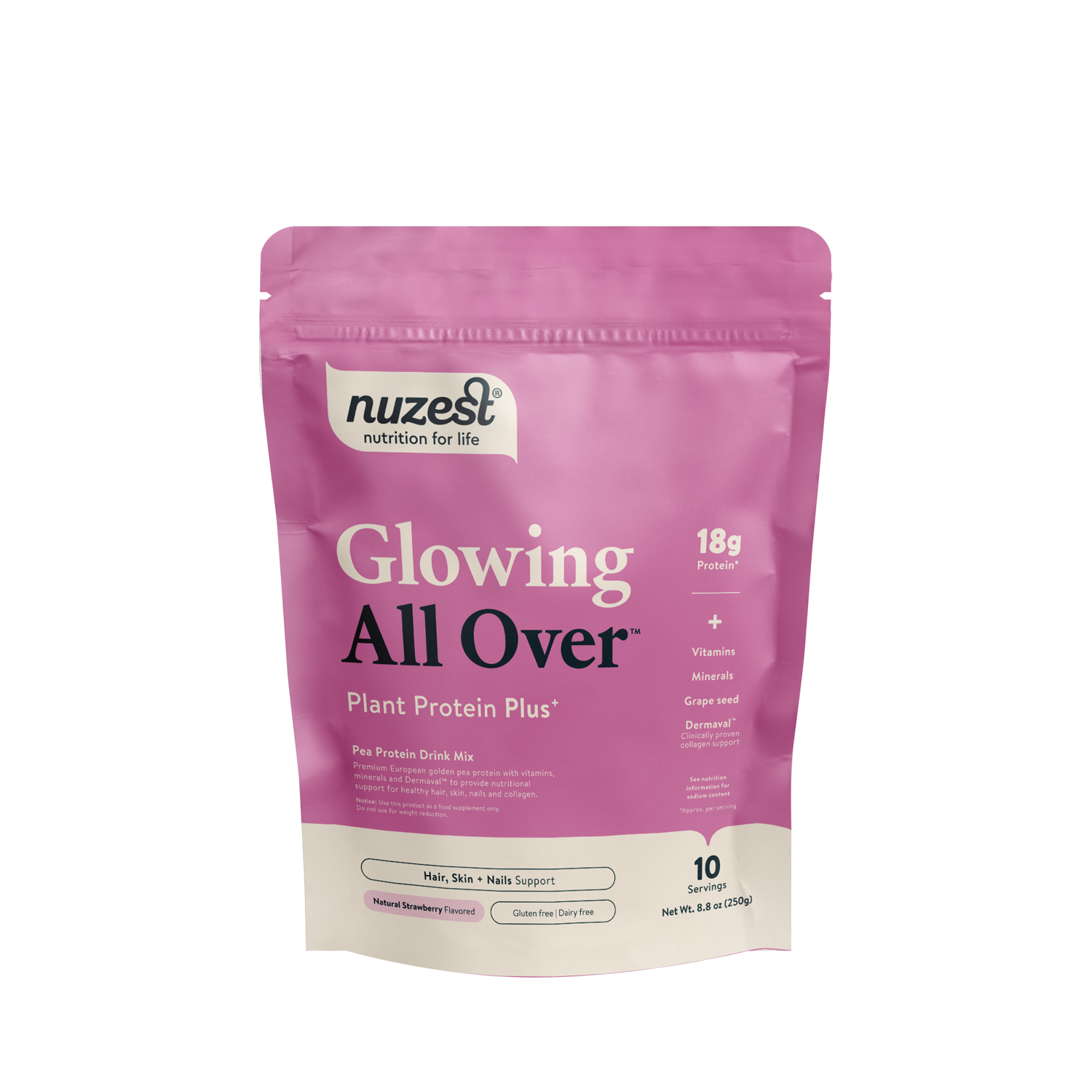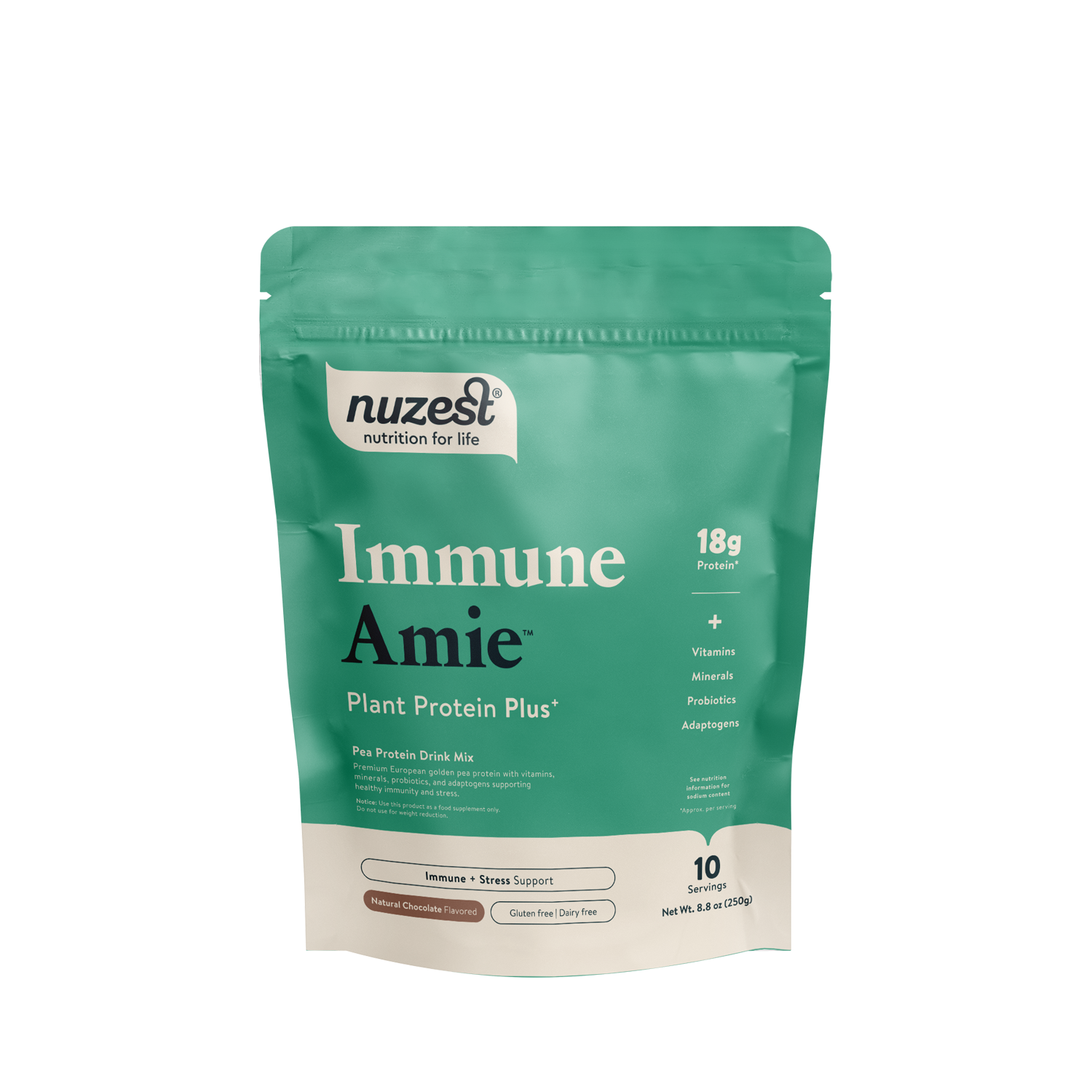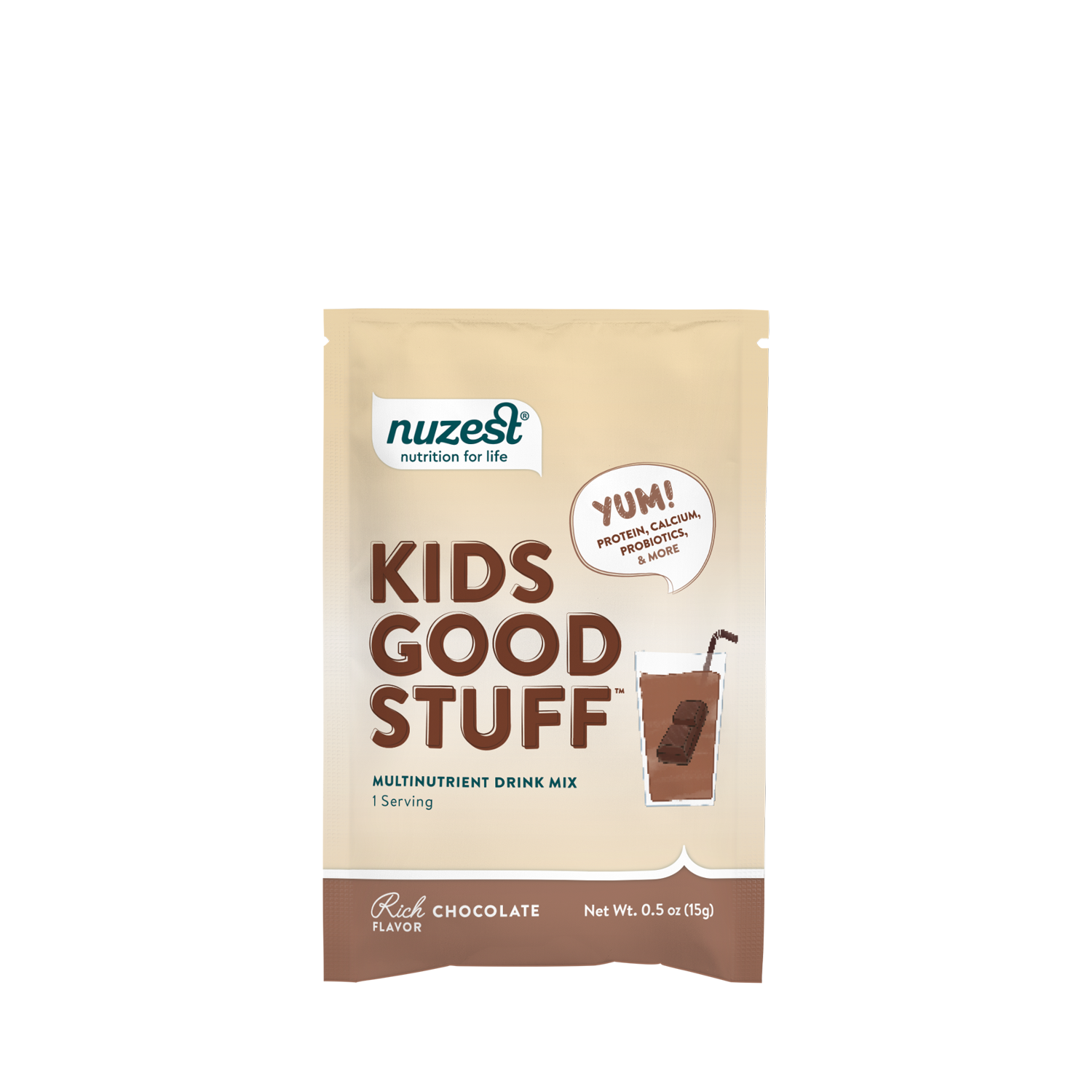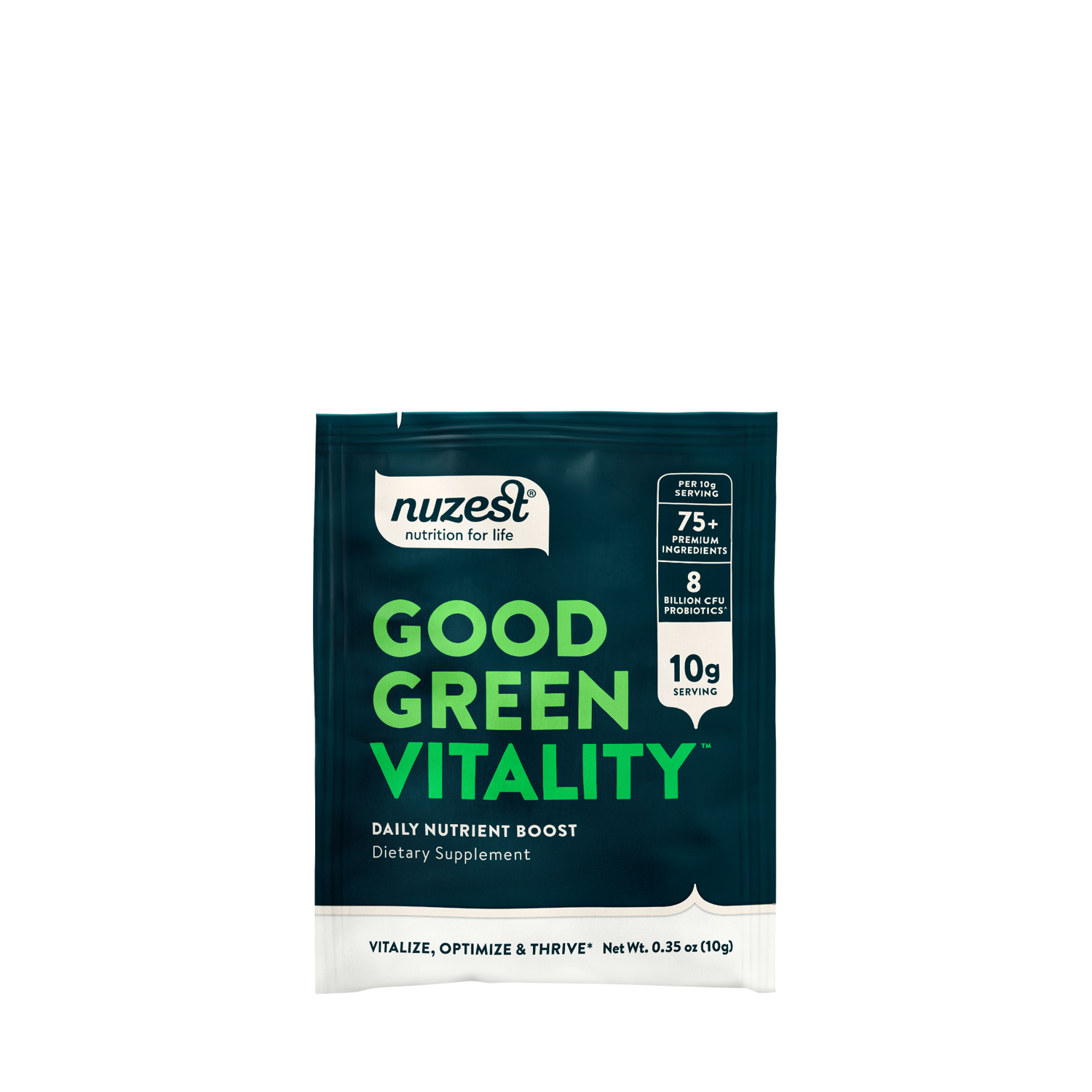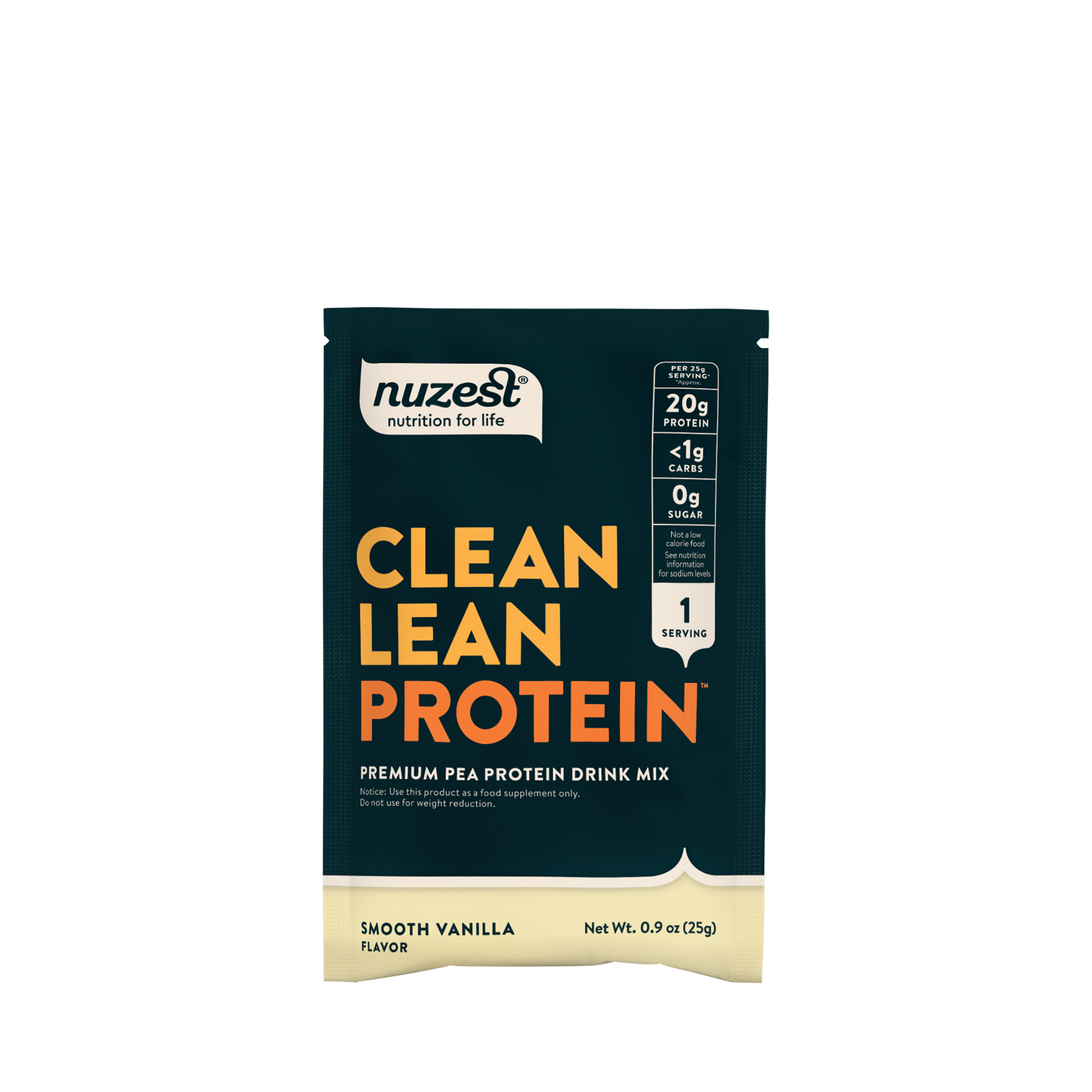Retinyl Palmitate
Vitamin A
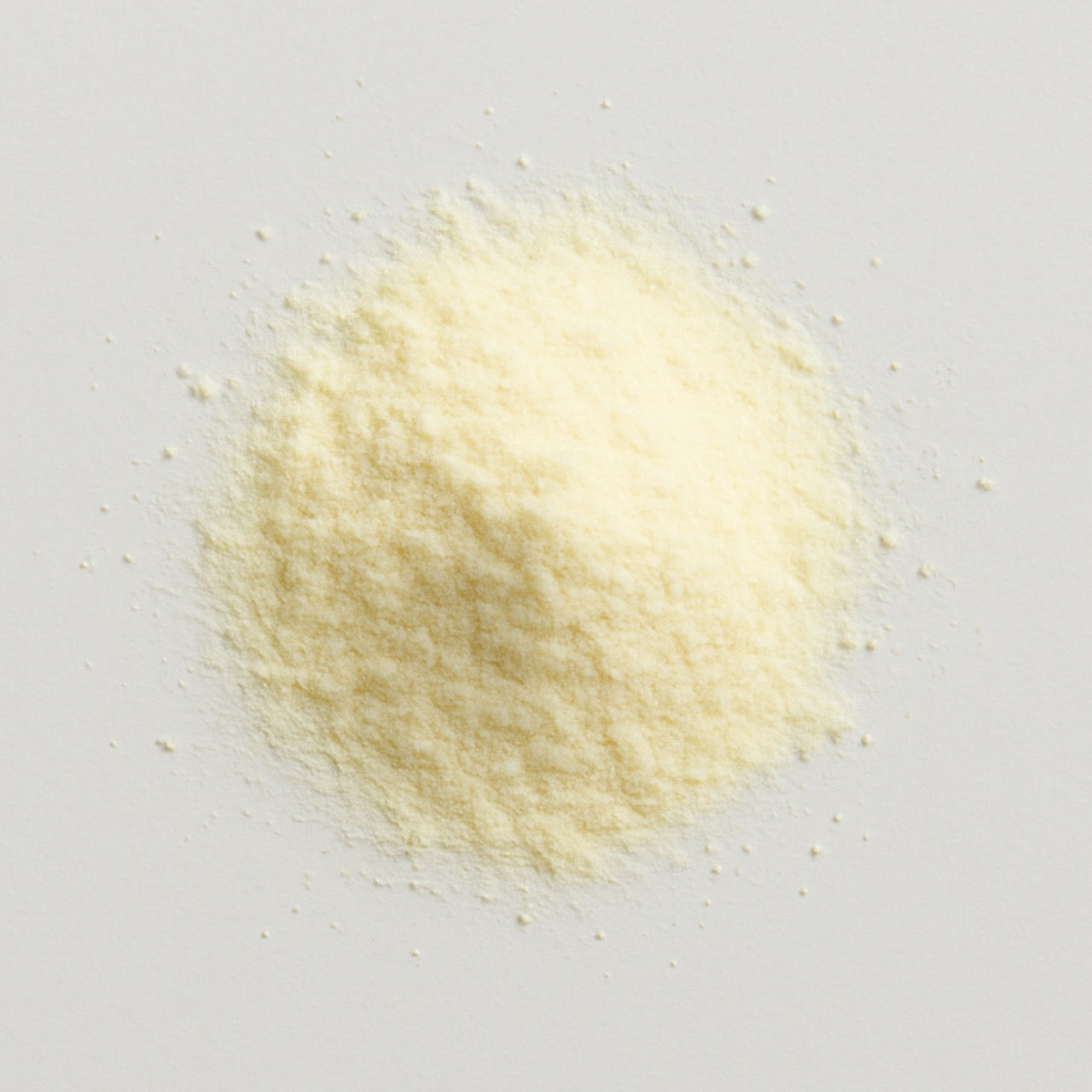
Retinyl palmitate is a synthetic ester of retinol (vitamin A) and palmitic acid. It is used in fortified foods, supplements, and skincare products.
Products:
Retinyl Palmitate for Eye Health
Retinyl palmitate, a form of vitamin A, is important for maintaining eye health. It supports proper retinal function, which is crucial for clear vision. Vitamin A is necessary for producing rhodopsin, a pigment that facilitates vision in low-light conditions, and it may help prevent disorders like night blindness.¹ ²
How Can Retinyl Palmitate Support Immunity?
Vitamin A is vital for immune function, supporting the regulation and activity of immune cells. It helps maintain the integrity of skin and mucosal barriers, which serve as the body’s primary defense against infections. Additionally, vitamin A enhances the function of T-cells, key players in the immune response.³ ⁴
Retinyl Palmitate for Skin Health
Skincare formulations often include retinyl palmitate due to its benefits for skin health. It supports increased cell turnover, which can diminish fine lines, wrinkles, and uneven pigmentation. As a milder alternative to retinol, retinyl palmitate promotes collagen synthesis, helping to improve skin texture, firmness, and overall rejuvenation.⁵ ⁶
What is Retinyl Palmitate?
This compound, retinyl palmitate, is an ester derived from retinol (vitamin A) and palmitic acid. It is frequently used in supplements and skincare formulations because it offers increased stability and causes less irritation than retinol. Within the body, it undergoes conversion first to retinol and then to retinoic acid, the active form of vitamin A that produces its physiological effects.⁷
What is the Difference Between Retinyl Palmitate and Vitamin A?
The term vitamin A refers to a group of fat-soluble compounds vital for vision, immune system support, and cellular growth. One specific form, retinyl palmitate, serves as a storage version in the body that can be converted into the active form, retinol. Although both provide comparable health benefits, retinyl palmitate is regarded as a gentler and more stable vitamin A precursor, particularly valued in skincare products.⁸ ⁹
